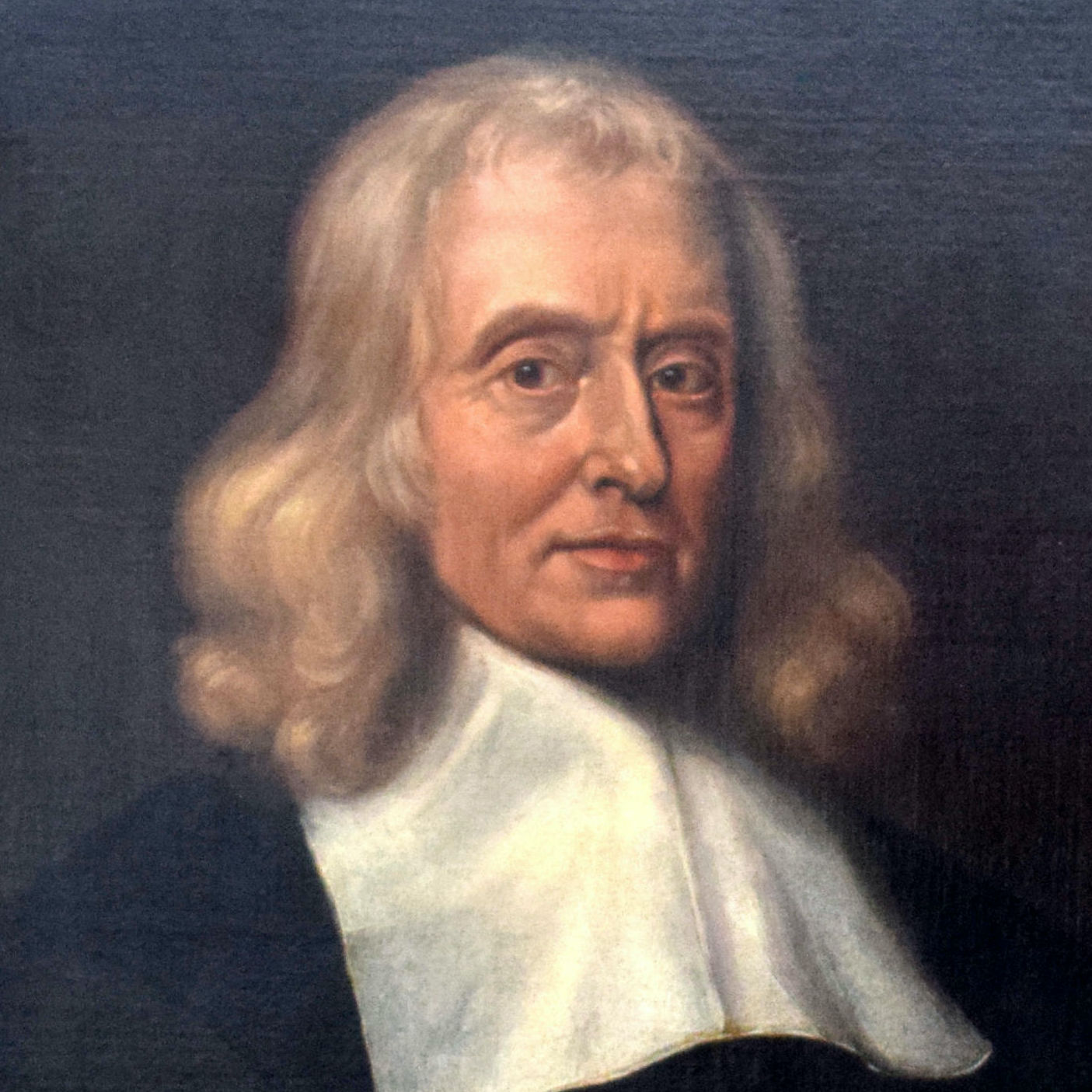When I consider how my light is spent,
Ere half my days in this dark world and wide,
And that one talent which is death to hide
Lodged with me useless, though my soul more bent
To serve therewith my Maker, and present
My true account, lest He returning chide;
“Doth God exact day-labor, light denied?”
I fondly ask. But Patience, to prevent
That murmur, soon replies, “God doth not need
Either man’s work or His own gifts. Who best
Bear His mild yoke, they serve Him best. His state
Is kingly: thousands at His bidding speed,
And post o’er land and ocean without rest;
They also serve who only stand and wait.”
Published:
1673
Length:
Shorty
Literary Movements:
English Renaissance
Anthology Years:
2023
Themes:
Doubt & Fear
Faith & Hope
Literary Devices:
Alliteration
the repetition of the same letter or sound at the beginning of words appearing in succession
Caesura
a break between words within a metrical foot
Enjambment
a line break interrupting the middle of a phrase which continues on to the next line

